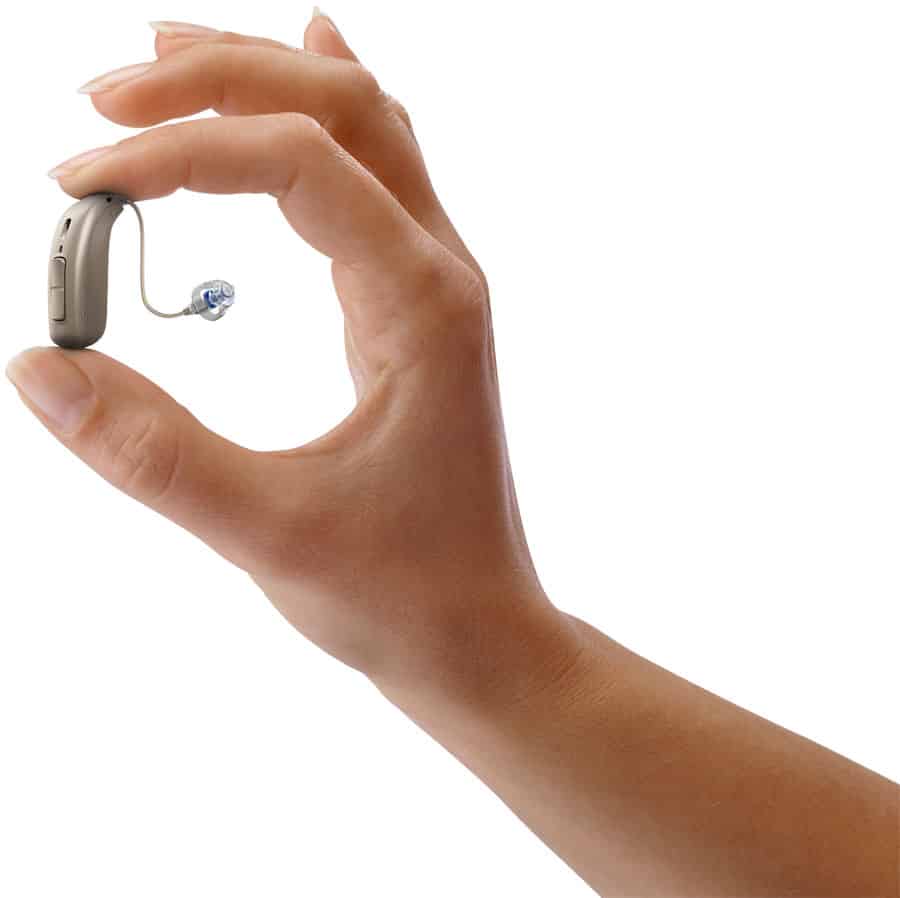Active hearing aid use could prevent development of dementia, new report finds

A report by The Lancet Commission suggests that wearing hearing aids can stave off dementia for many people, with leading hearing aid provider Oticon stressing that early intervention is key to preventing the onset of dementia.
The recent report by The Lancet Commission, ‘Dementia Prevention, Intervention and Care’, lists 12 modifiable risk factors that account for up to 40 percent of dementia cases, which, if more widely known, could help significantly reduce the amount of people diagnosed or postpone diagnosis with the debilitating condition in the future.
These 12 modifiable risk factors include excessive alcohol consumption, obesity, smoking, depression and infrequent social contact.
Unaddressed hearing loss is stated to be the leading preventable cause of dementia and the report goes on to recommend hearing aids as an effective course of action.
Along with dementia, hearing loss is commonly associated with ageing, and as it happens gradually, it isn’t immediately obvious, Oticon notes. People with hearing loss get used to their reduced hearing ability and Oticon says the delay in addressing this loss can have “serious adverse effects on your health and lifestyle”.
The hearing aid specialist recommends that individuals use hearing aids as soon as they recognise any hearing impairments to reduce the risk of negative effects on their health and wellbeing, including protecting themselves from dementia in the future.
Oticon emphasises that if an individual can hear in a way that is almost natural through hearing aids, the brain will not compensate by relying more on information from other senses. Primarily, with hearing loss, an individual’s natural reaction to attempt to lip read kicks in, which refocuses brain resources and eventually changes the way the brain behaves.
Importantly, the compensation activity of the brain reduces cognitive capacity, the hearing aid specialist outlines, so it is more difficult to remember what is heard or to reflect on, and respond to, information received, as needed to be socially engaged.
Wearing effective hearing aids overcomes these issues and frees up the cognitive energy needed for other important functions such as memory recall, lessens the tiring burden on the brain and slows brain shrinkage as people age.
Building on the findings in The Lancet Commission’s recent report, Thomas Behrens, Chief Audiologist at leading hearing aid provider, Oticon, said: “The better you hear, the easier it is for you to fully participate in life which helps to keep your brain fit and healthy.
“We take brain health very seriously, which is why for many years Oticon has carried out pioneering research on how hearing loss affects the brain and is dedicated to innovating hearing aid technologies that reduce the effort the brain endures trying to make sense of sound.
“Our ‘BrainHearing™’ philosophy enables users of our hearing aids more enjoyment and increased confidence to take part in the social engagements that many with hearing loss find too difficult.”

